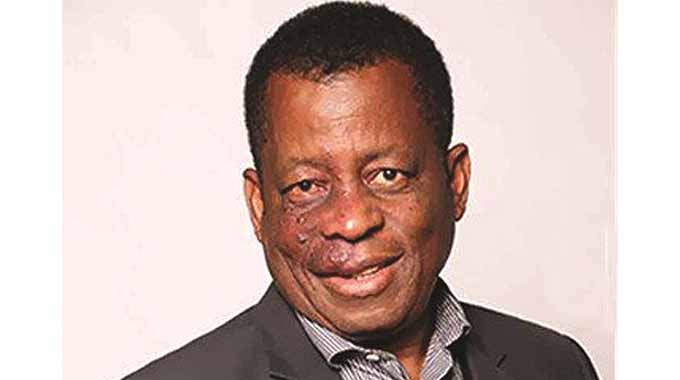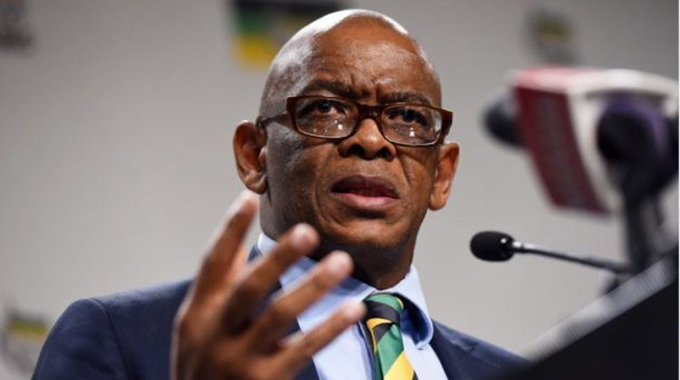SADC to further exploit renewable energy

Herald Reporter
Southern Africa will further exploit the potential in renewable energy as a way of boosting generation and end electricity shortages, Zesa Holdings executive chairman, Dr Sydney Gata, told the Zimbabwe-Dubai Business Conference in the United Arab Emirates last week.
With two major dams on the Zambezi River and further schemes on the Kafue and Congo Rivers already generating hydro power, Southern African has significant renewable energy and now solar is being added to the mix, although present stations tend to be small.
Making a presentation on the opportunities for investment in SADC, Dr Gata said investors were welcome and would find markets because the region was short of electricity.
“Southern Africa indeed has a notable shortage of electricity,” he said.
“However, the region is phenomenally endowed with vast opportunities for investments in renewable energy such as hydro power, solar, wind, and geothermal energy.
“Following the pronouncement by China and other nations that they will stop financing coal fired electricity generation projects, Southern Africa now looks towards exploiting the potential in renewable energy.”
Dr Gata said the available opportunities for investment in the energy sector were power generation with 10 gorges on the Zambezi and Kafue River Basins that can be used for hydro plus potential for joint development of solar and wind resources which have characteristic high intermittence and low intensity, with the hydro-electricity reservoirs providing natural high-capacity storage.
Dr Gata was referring to the fact that hydro-electric schemes with dams can in effect store solar and wind power.
When the sun is shining or the wind is blowing, the hydro-schemes can turn down their output, storing water that can then be used to run the hydro power stations at full blast when there is no sun or wind.
It is also possible to use the solar and wind energy to pump water into the reservoirs when that power is in excess, to be released when needed.
“Five of the 10 gorges have potential for pump storage which can help to improve plant load factor,” said Dr Gata.
“This developing and conjunctive operation strategy will serve the countries from emerging lithium battery and hydrogen fuel cell storage technologies, which are still pending technological and commercial demonstrations.
“SADC region will access these technologies when they mature, and are cost competitive.”
Dr Gata said the private sector were openly invited and welcome to participate in the investment, development and operation of electricity supply sector.
“Globally, it is well accepted that governments alone have no capacity, among multiple competing requirements, to fund electricity sector to the extent required,” he said.
“Independent power producers are already playing a significant role in the sub region, with Zimbabwe having licensed 94 such companies.
“There is, therefore, a business case for the global community to consider exploiting the vast opportunities available in Southern Africa in the power supply industry.”
Dr Gata said solar power will have a more significant role in Zimbabwe going into the future.
He said the most significant contribution will come from grid scale solar projects which they see contributing about 700MW in the next two to three years.
Dr Gata said as part of the total electrification thrust to support Zimbabwe’s Vision 2030, Zimbabwe was also looking to deploy off-grid solar systems to support development in sites that are remote to the grid, whilst they expand the network.
“We also invite manufacturing companies to come and set up manufacturing plants for solar panels as the region has an abundant market for this,” he said.
“The SADC region has established one of the most advanced electricity trading markets, the Southern African Power Pool.
“The level of interconnection between SAPP members enables significant electricity trading which is supported by government-to-government, and utility protocols. The availability of the advanced electricity market provides an opportunity to investors to select a market of their choice and trade freely within the Southern African region.”










Comments